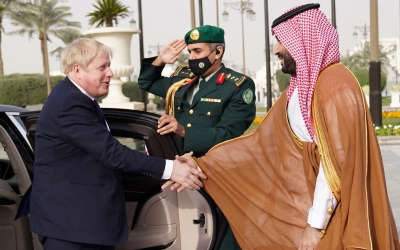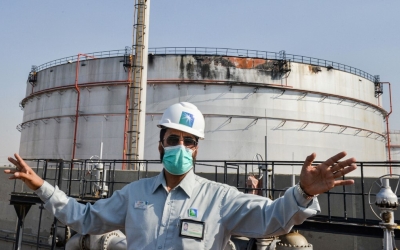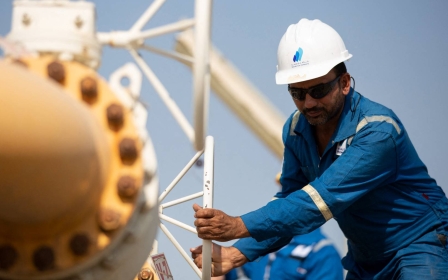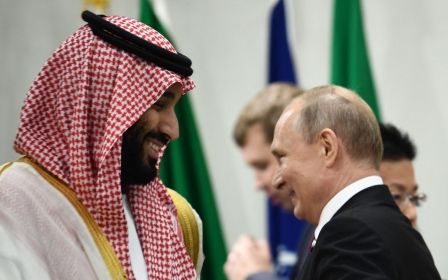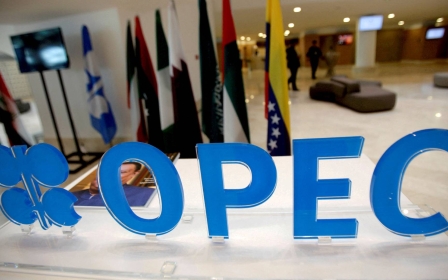Saudi energy giant Aramco reveals soaring profits as Yemen's rebels target facilities
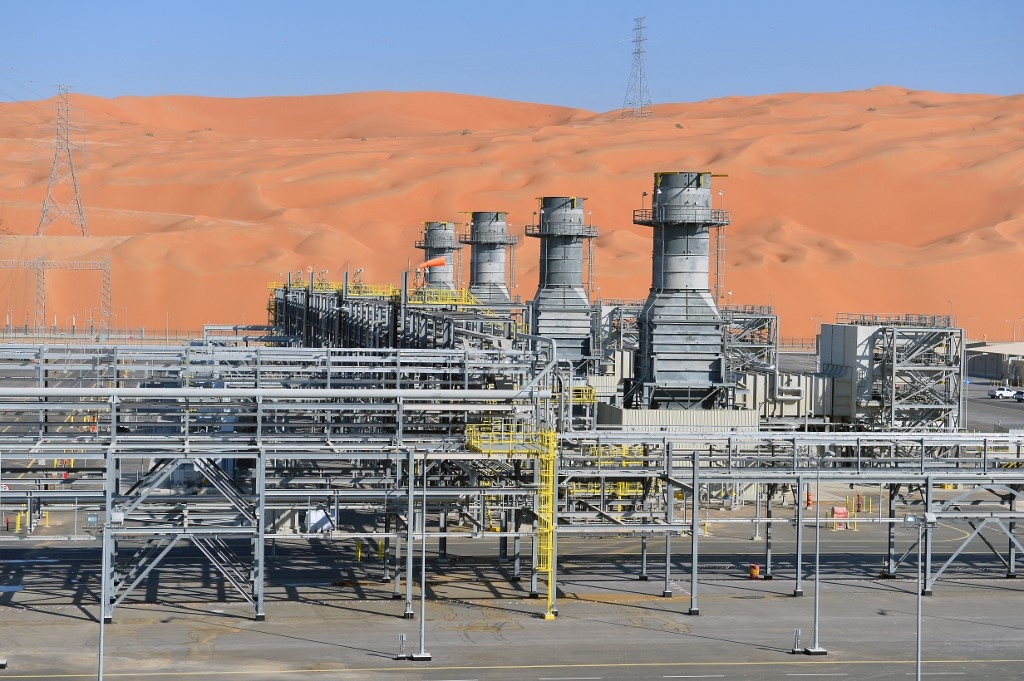
State energy giant Saudi Aramco said on Sunday that its 2021 net profits had soared by more than 120 percent, due to higher crude prices, as global economic growth recovered from a pandemic induced downturn.
Aramco, under pressure from the West to boost output amid soaring prices, also pledged on Sunday to hike investments by around 50 percent this year as it reported a doubling in 2021 profits, according to Reuters.
The announcements came hours after Yemen's Houthi rebels - against whom Saudi Arabia leads a military coalition - targeted several locations, including Aramco facilities, in cross-border armed drone attacks.
Aramco did not say if the attacks had caused damage, according to AFP.
"Aramco's net income increased by 124 percent to $110bn in 2021, compared to $49bn in 2020," the company said in a statement.
Aramco achieved a net income of $88.2bn in 2019 before the coronavirus pandemic hit global markets, resulting in huge losses for the oil and aviation sectors, among others.
A strong rebound last year saw oil prices recover from their 2020 lows, and they have soared to highs not seen since 2014 this year, amid global supply shortages and Russia's invasion of Ukraine.
Uncertain outlook
Aramco floated 1.7 percent of its shares on the Saudi stock exchange in December 2019, generating $29.4bn in the world's biggest initial public offering.
"Our strong results are a testament to our financial discipline, flexibility through evolving market conditions and steadfast focus on our long-term growth strategy," Aramco president Amin Nasser said in a statement.
"Although economic conditions have improved considerably, the outlook remains uncertain due to various macroeconomic and geopolitical factors," he said.
'Our investment plan aims to tap into rising long-term demand for reliable, affordable and ever more secure and sustainable energy'
- Amin Nasser, Aramco president
"But our investment plan aims to tap into rising long-term demand for reliable, affordable and ever more secure and sustainable energy," he added.
"We recognise that energy security is paramount for billions of people around the world, which is why we continue to make progress on increasing our crude oil production capacity, executing our gas expansion programme and increasing our liquids to chemicals capacity."
Aramco said it aimed to boost its capital expenditure (capex) to $40-$50bn this year, with further growth expected until around the middle of the decade. Capex was $31.9bn last year, up 18 percent from 2020 - indicating an increase of about 50 percent for this year at the middle of the guidance range.
Aramco plans to raise its crude oil "maximum sustainable capacity" to 13m barrels a day by 2027, and wants to boost gas production by more than 50 percent by 2030.
The company's average hydrocarbon production was 12.3m barrels of oil equivalent per day last year.
Aramco also plans to develop a significant hydrogen export capability and become a global leader in carbon capture and storage technology, it said.
Resisting western pressure
Since Mohammed bin Salman's appointment as crown prince in 2017, Saudi Arabia has sought to diversify its oil-dominated economy.
In February, the kingdom - one of the world's top crude exporters - moved four percent of Aramco shares worth $80bn to the country's sovereign wealth fund.
The transfer was also a sign that Saudi Arabia wants to further open up the oil giant and "crown jewel" of the Saudi economy, the Arab world's largest.
The crown prince said last year that Aramco was in talks to sell a one percent stake to a foreign energy giant.
Brent crude is currently selling at more than $100 per barrel - in part due to Russia's invasion of Ukraine.
Russia is the world's largest producer of gas and one of the biggest oil producers and is grappling with mounting western sanctions.
Oil-rich Gulf countries, including Saudi Arabia, have so far resisted western pressure to raise oil output to rein in prices, stressing their commitment to the OPEC+ alliance of oil producers, which Riyadh and Moscow lead.
Houthi attacks
Meanwhile, on Saturday, Yemen's Houthi rebels launched multiple attacks into southern Saudi Arabia, including one on a facility run by Aramco in Jizan, the Saudi-led coalition fighting the rebels in Yemen said in a statement.
Quoted by the Saudi Press Agency (SPA), the coalition said that four drones had been launched into the region, which is regularly targeted by Houthi drone and missile attacks.
There was no loss of life, it said.
As well as the Aramco facility, the rebels also hit a desalination plant in al-Shaqeeq.
In later statements, the coalition announced that the Dhahran Al-Janoub power station near Jizan had also been attacked, with the SPA posting photos and a video clip showing firefighters tackling a blaze at the site.
The fourth target was a gas station in Khamis Mushait.
The drones were intercepted and destroyed near Yemen after the attacks, with a ballistic missile fired towards the city of Jazan also stopped, the coalition said.
The latest round of attacks came after an oil refinery in the Saudi capital Riyadh was targeted on 10 March by a drone, an operation claimed by the Houthis.
Middle East Eye delivers independent and unrivalled coverage and analysis of the Middle East, North Africa and beyond. To learn more about republishing this content and the associated fees, please fill out this form. More about MEE can be found here.


